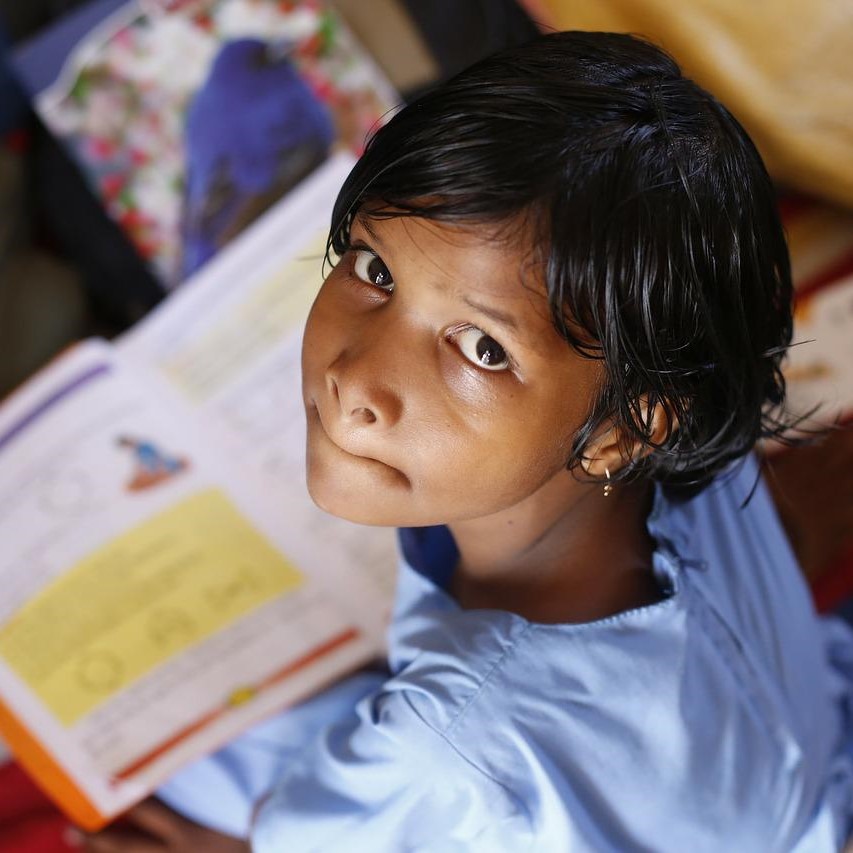
Theiss Child and Adolescent Trauma Services (CATS) provide comprehensive and developmentally appropriate diagnostic evaluations and effective, evidence-based treatment designed specifically for children and adolescents who have experienced a history of trauma. Assessment and treatment services are offered weekly and are specialized to address the effects of complex trauma and exposure to traumatic events such as abuse and neglect. The child and family/caregiver must be active participants in treatment sessions.
The CATS program accepts service referrals for children ages 2 – 17. Children served are those that are experiencing a range of behavioral and emotional disruptions such as aggression, anxiety, depression, withdrawal, disruptive behaviors, and emotional difficulties. CATS provides weekly outpatient services at our South Side, Pine Center and Hosanna House sites.
All programs of the Theiss Center provide both assessment and treatment services. Licensed or license-eligible therapists complete comprehensive and age-appropriate evaluations to identify thoughtful treatment recommendations for the children served. The evidence-based trauma treatment services offered are proven effective for children and adolescents.
Evidence Based Trauma Treatments include:
Child-parent psychotherapy (CPP) enhances a young child’s mental health by fostering reliance on primary caregivers for safety and protection, accurate feedback, and support in regulating positive and negative emotions. In CPP, the child-parent relationship is key, allowing clinicians to provide specific trauma interventions as well as case management and service coordination support as needed. CPP has been shown to be effective in reducing post-traumatic stress disorder (PTSD) as well as symptoms associated with exposure to complex trauma. Mothers of children who received CPP also showed significant reductions in PTSD symptoms and depression.
Trauma-focused cognitive behavioral therapy (TF-CBT) is an evidence-based treatment for children and adolescents impacted by trauma and their parents or caregivers. It is a components-based treatment model that incorporates trauma-sensitive interventions with cognitive behavioral, family, and humanistic principles and techniques. TF-CBT has proved successful with children and adolescents (ages 3 to 18) who have significant emotional problems (e.g., symptoms of PTSD, fear, anxiety, or depression) related to traumatic life events. It can be used with children and adolescents who have experienced a single trauma or multiple traumas in their lives.
Integrative treatment of complex trauma (ITCT) is an evidence-based, multimodal therapy that blends a variety of treatment concepts and models. ITCT was designed specifically for treating complex trauma in children and adolescents ages 5 and up. Depending on the age and needs of the client, ITCT integrates a variety of treatment approaches, such as play therapy, verbal psychotherapy, emotional regulation skill development, and components of cognitive-behavioral therapy. ITCT also focuses on social and cultural needs as part of the treatment approach, giving attention to the child's daily environment through language and culturally appropriate examples, thus adapting treatment to the child's cultural surroundings.
Parent Child Interaction Therapy (PCIT) is a family centered treatment approach for children ages 2–7 with disruptive behavior. PCIT has also been used with abused and at-risk children ages 2–12. PCIT has proved to be an effective therapy for all caregivers— birth parents, adoptive parents, or foster or kinship caregivers. During PCIT, parents learn strategies that will enhance the parent-child relationship and promote positive behaviors in children.
Child-Centered Play Therapy (CCPT) is a developmentally appropriate and play-based mental health treatment approach for young children ages 3 to 10 who are experiencing social, emotional, behavioral and relational disorders. Through play, the therapeutic relationship is used to provide a safe, consistent environment in which a child can process their emotions and experience full acceptance, empathy, and understanding.
